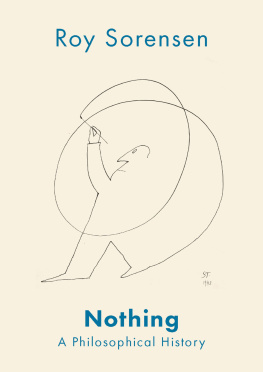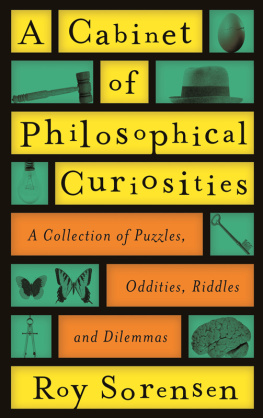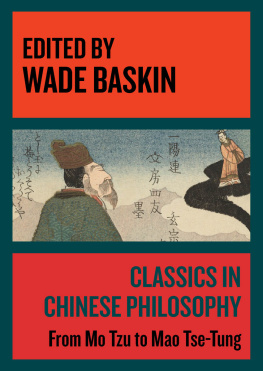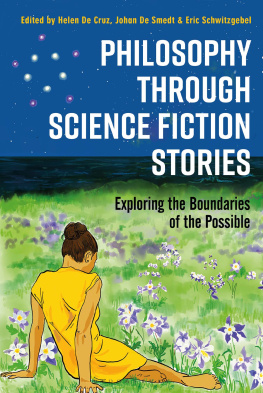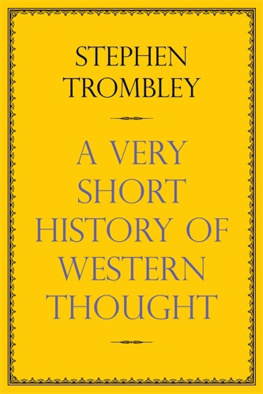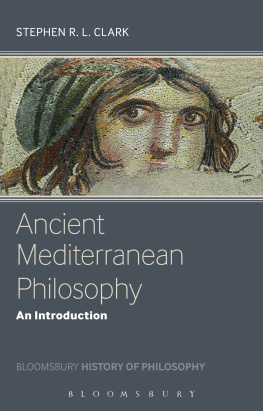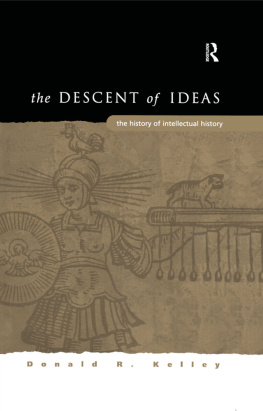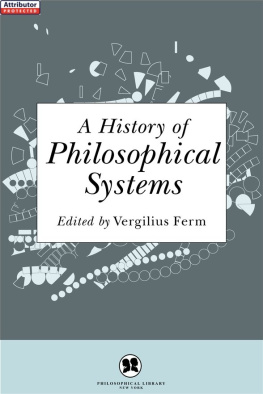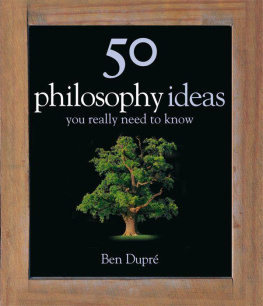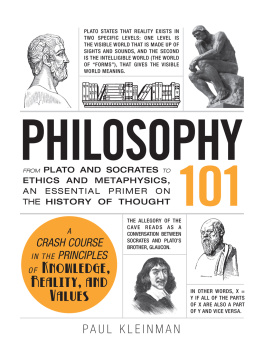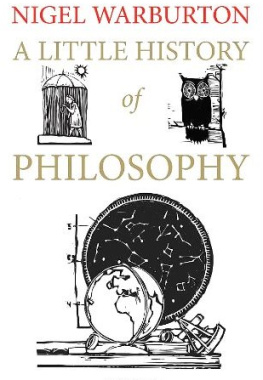Nothing

Oxford University Press is a department of the University of Oxford. It furthers the Universitys objective of excellence in research, scholarship, and education by publishing worldwide. Oxford is a registered trade mark of Oxford University Press in the UK and certain other countries.
Published in the United States of America by Oxford University Press
198 Madison Avenue, New York, NY 10016, United States of America.
Oxford University Press 2022
All rights reserved. No part of this publication may be reproduced, stored in a retrieval system, or transmitted, in any form or by any means, without the prior permission in writing of Oxford University Press, or as expressly permitted by law, by license, or under terms agreed with the appropriate reproduction rights organization. Inquiries concerning reproduction outside the scope of the above should be sent to the Rights Department, Oxford University Press, at the address above.
You must not circulate this work in any other form and you must impose this same condition on any acquirer.
Library of Congress Control Number: 2021033934
ISBN 9780199742837
eISBN 9780199912322
DOI: 10.1093/oso/9780199742837.001.0001
To all my daughters.
Even in number,
Just like my sons who number two.
But my daughters are neither two nor four nor six nor eight.
A number that ends in 0 makes some celebrate
They think my mate,
A hero
But rest assured,
My daughters number zero.
Contents
In the beginning God created the heaven and the earth. And the earth was without form, and void; and darkness was upon the face of the deep.
Genesis 1:12
Creation stories try to explain how everything originates from nothing. They leave something out. Nothing also has a history. This book aims to tell it.
Books about nothing may go back for billions of years. So say astronomers who conjecture that civilizations formed soon after the universe cooled to form stars and planets. What did the antennas of these historians miss that might be captured in this book?
The hominid side of nothing. I start with a cousin of Homo sapiens who picked up a pebble with holes that seemed to make faces ().
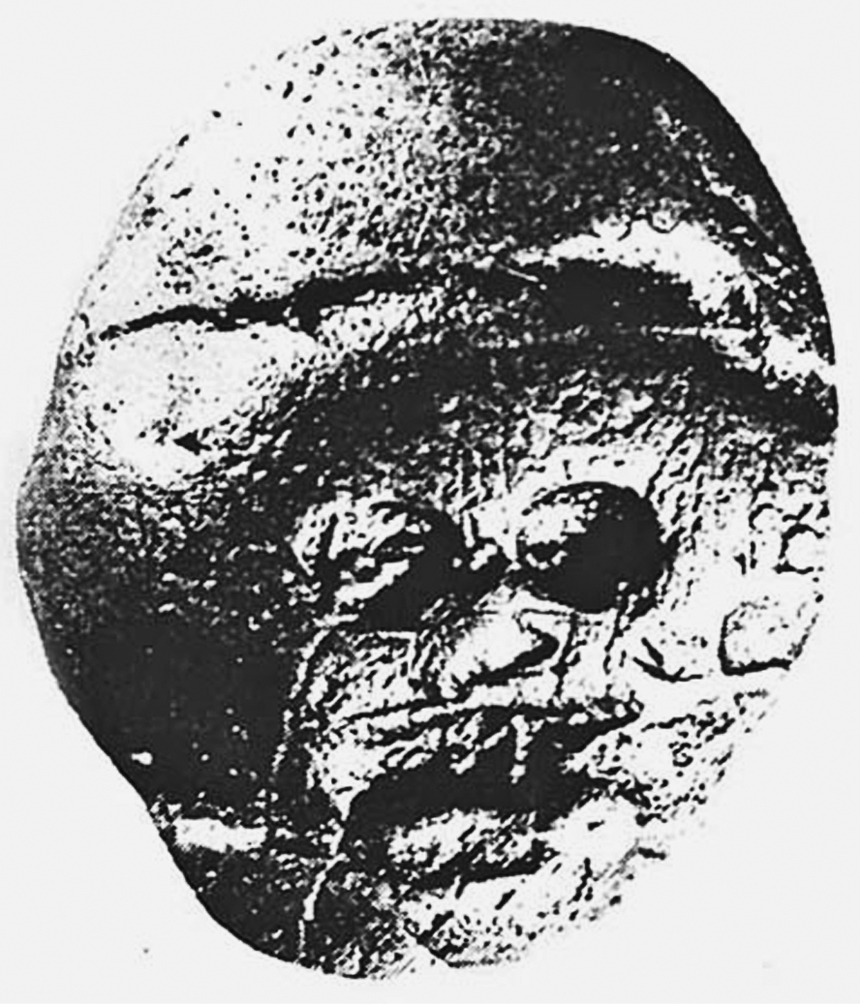
Figure P.1 Photograph of Makapansgat Pebble by Patrick Nagel and Raymond Dart
About the fifth century BC, three civilizations independently and simultaneously began to philosophize about nothing: China (). Their luminaries had previously focused on what is the case. Search beams of consciousness swept majestically across the field of being. But then there was a black-out. Voices from the dark spoke now about what is not the case.
Behold! The holes in a sponge are absences of sponge! Holes are what make the sponge useful for absorbing liquid. The sponge can exist without the holes. But the holes cannot exist without the sponge. Holes are parasites that depend on their host. Yet the two get along well. Without holes, there would not be so many sponges in your home!.
Your house is made more cozy with doors and windows. Yet these amenities are metaphysical amphibians. When you stand under a door frame are you inside or outside? Is the door an opening? Or is the door a rectangular plug mounted on a hinge? We experience the same indecision when trying to decide whether windows and skylights are absences or presences.
You see the tiny boundary of the dot that ends this sentence. Is that boundary black or white? Not black, because anything that is black is part of the dot. Not white, because anything white is part of the dots environment.
Boundaries are parasites of material hosts. But they are also parasites of immaterial hosts such as your shadow. Your shadow is a hole you bore into the light. Your shadow depends on both you and the light. You and light are each mysterious. Your shadow partakes of both mysteries.
Being is riddled with nonbeings. Why were the riddles first posed 2,600 years ago? Why all at once? This negative turn in world philosophy is the coincidence that inspired me to write Nothing: A Philosophical History.
My goal was to find a common factor that could explain the simultaneous and independent shift in perspective. My best candidate is a copying trick. Any experience of an event can also be explained by the parasitical hypothesis that the event was merely dreamt. The parasite copies the consequences of The event was perceived. Consider a little girl who is awakened by sounds of her parents. Embarrassed, they assure their daughter that the scene is a dream. In the morning, her parents keep up the lie. Their teamwork overrides the childs perception. The parasite hypothesis converts the daughter. After she wises up, the daughter concludes that any waking experience can be re-explained as a dream experience. She generalizes: all waking experiences can be explained as a dream. Dream skepticism is kept a live option because she dreams every night.
Host hypotheses have defenses against the insinuation that they are falsehoods that merely have true consequences. Gilbert ).
The parasite has its own simplicity. Parasites are not lumbered by the commitments of their host. Old men in ancient Rome reported dark specks floating in their eyeballs. Skeptics said the old men were hallucinating the specks. The hallucination hypothesis avoids commitment to specks. It also predicts that no specks will ever be discovered by future observers of old eyeballs. The parasite lost that bet! But at least the parasite was making some novel predictions.
All parasitical theories postulate psychological mechanisms that explain how perceptions could occur in the absence of the represented events. During the late Warring States period (476221 BC) Master Zhuang dreams he is a butterfly (be a child older than twothe age at which dreams acquire plot lines. But you are no butterfly.
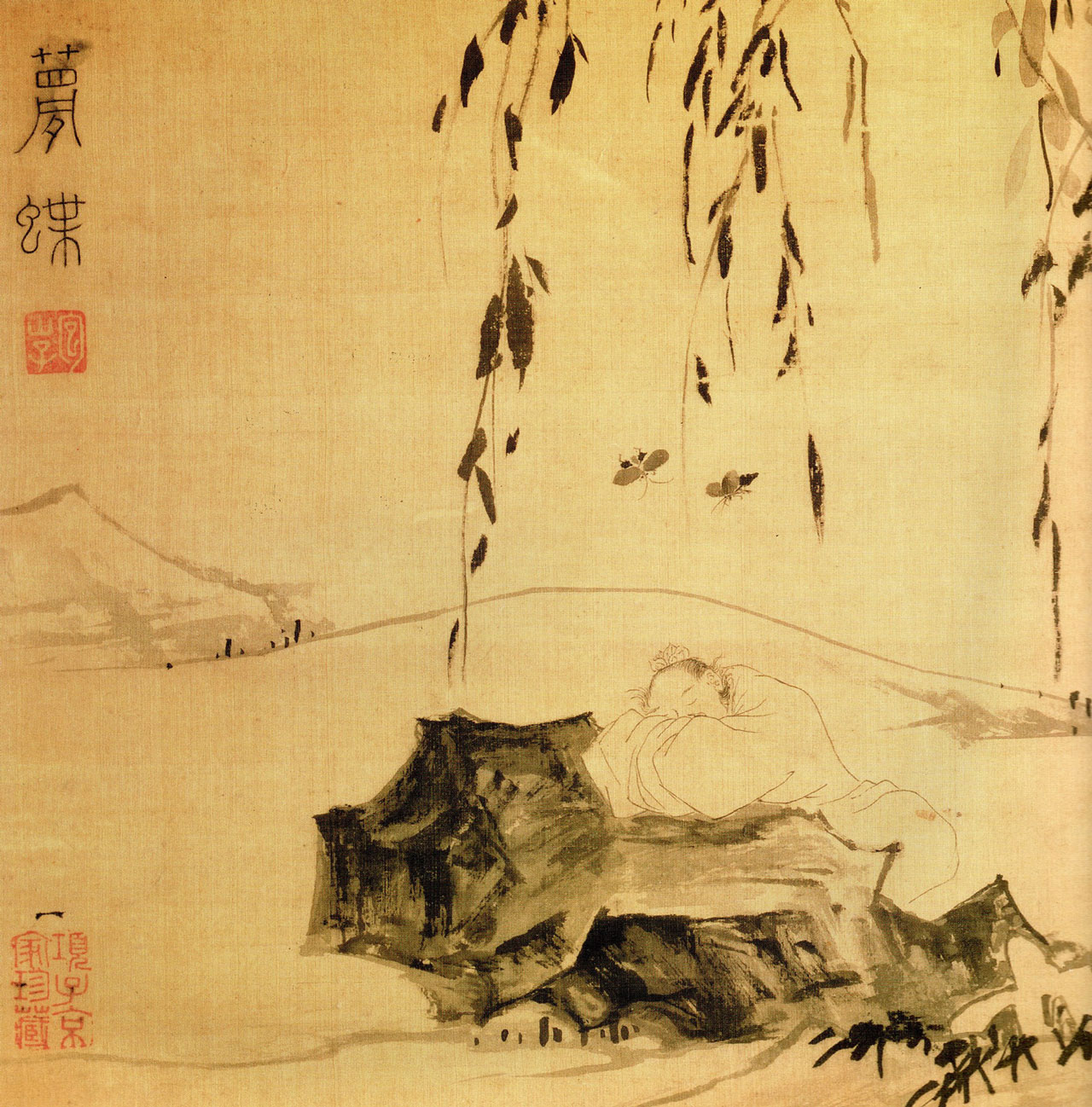
Figure P.2The Butterfly Dream, by Chinese painter Lu Zhi (ca. 1550)
Typically, a parasitical theory depends on their hosts survival. This means the host could later throw off the parasite. For instance, atomism was long parasitized by the hypothesis that the doctrine is useful make-believe. Some of the subtlest improvements of atomism were undertaken by physicists who simply wanted make the most from the host. In the beginning of the twentieth century, Albert Einstein interpreted the random motion of pollen grains in water as collisions with atoms. This explanation required physical atoms rather than make-believe atoms. The parasite was expelled. The host retained the improvements engineered by the parasite.
Parasitical improvements of hosts are now deliberately cultivated. In null-hypothesis methodology, scientists are required to entertain a rival hypothesis that an apparent cause is a mirage of correlation.
A parasite can artificially prolong the life of its host. When parasites castrate crabs, the crabs get into fewer fights. Geocentric astronomy would have been killed off by heliocentric astronomy. Surveyors intervened. They have guaranteed geocentric astronomy a long future as a falsehood that simplifies measurement. Newtons physics survives as a limiting case of Einsteins physics. A magnanimous victor will live in harmony with neutered adversaries. This prospect leads the old guard to nervously cross their legs when the young begin praising their elders theories as limiting cases of a fresh theory.

